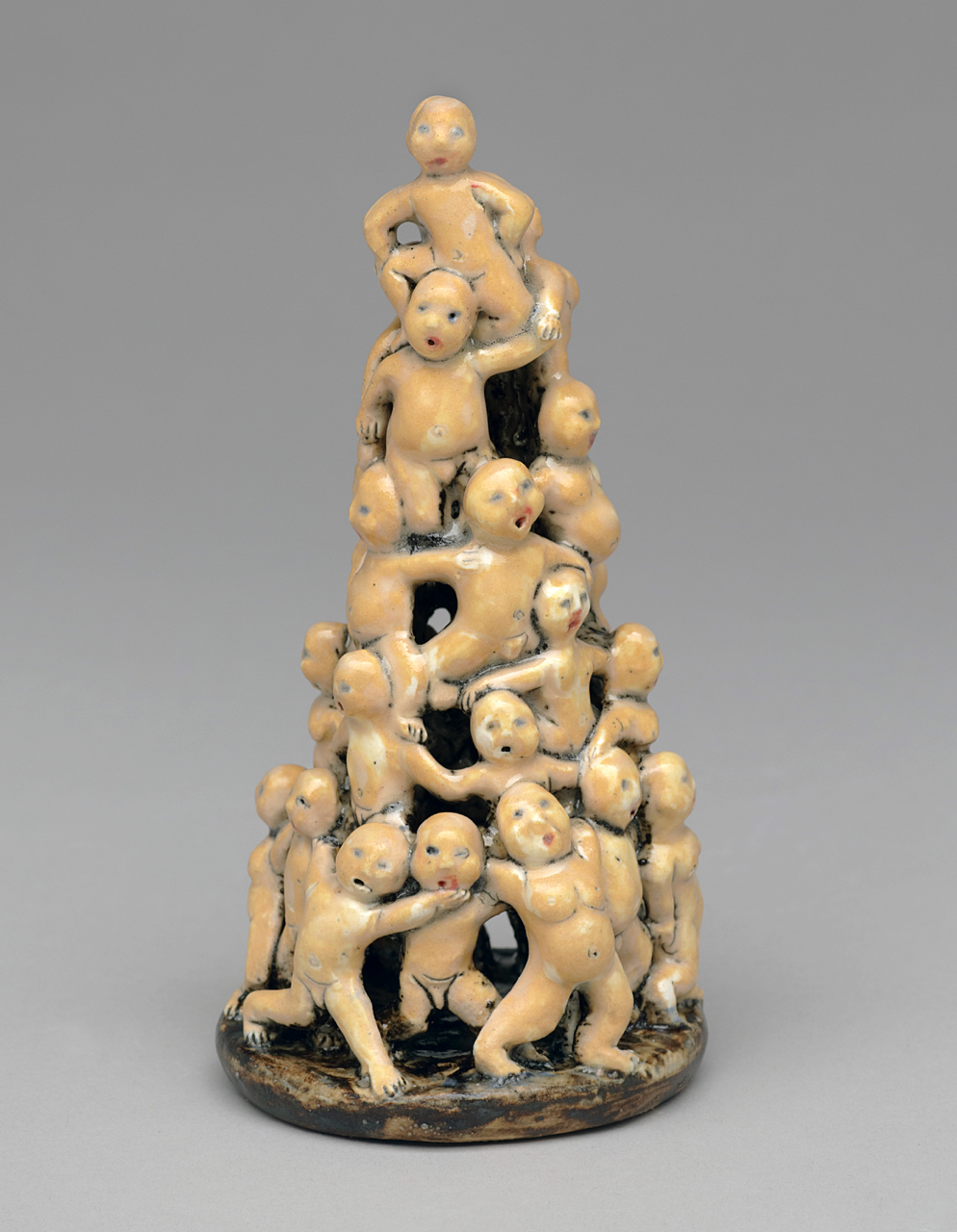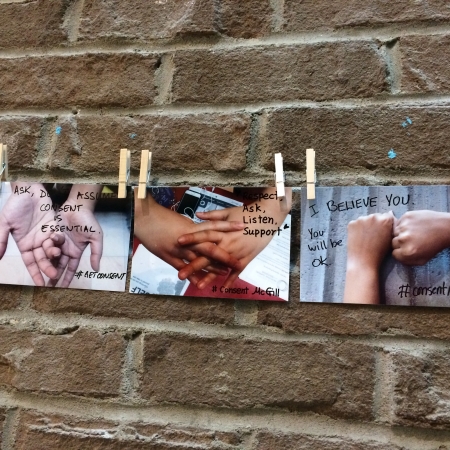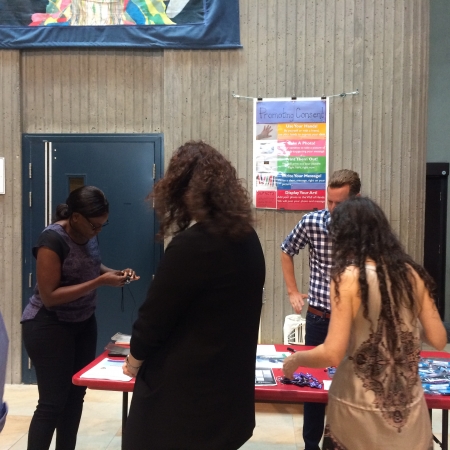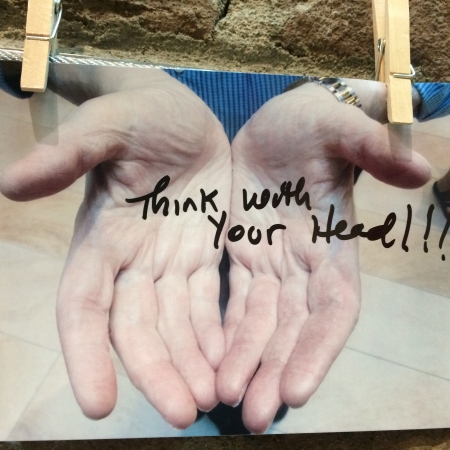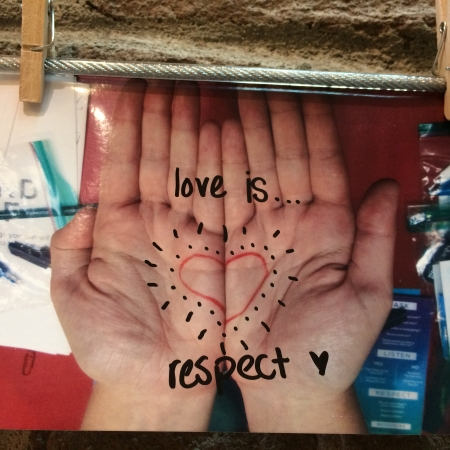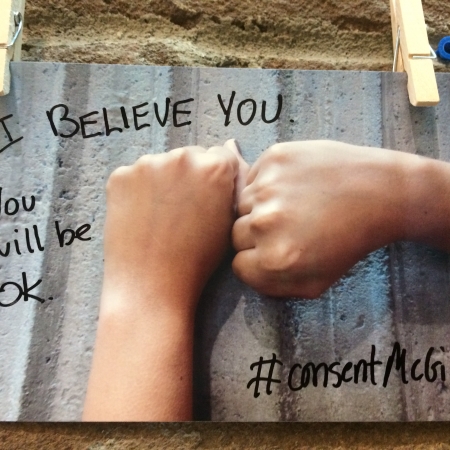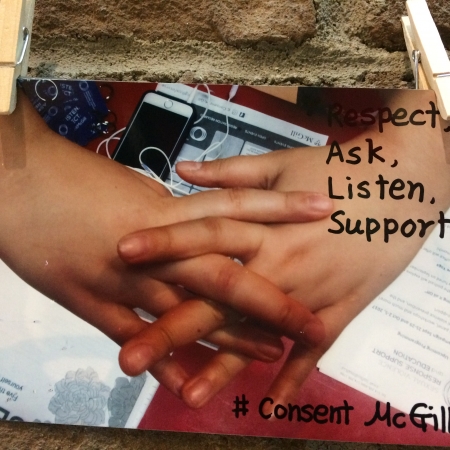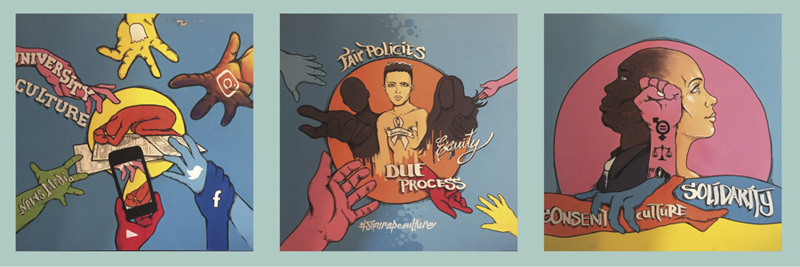
This project, titled "Activism in Arts, and Popular Culture", analyzes a range of activist and artistic interventions, and the role of the entertainment industry and popular culture, that impact the roots and effects of rape culture and sexual violence on campuses. Student activists and community advocates have done a lot of the work of defining the problem of rape culture on university campuses from survivor-based perspectives. They do community training and peer education, offer peer counseling, and advocate for less violent campus cultures and climates. One aspect of our research aims to understand what we can learn from their practices.
We aim to study the history of campus activism against rape culture, and in the process, focus on the models of educational response and advocacy that are shaping contemporary efforts to address sexual violence across hundreds of university campuses and colleges. As part of this process, we aim to prototype tool kits and research guides for use by researchers, educators and students on best practices in responding to rape culture on campus, from conducting ethical, survivor-centred research to how to work collaboratively and equitably between researchers, activists and artists, how to best facilitate media-based education about the problem, and how to develop arts-based methodologies for effective anti-violence educational efforts. Our goal is also to develop a more historical understanding of the institutional nature of rape culture and prior efforts to dismantle it. We believe we have a lot to learn from what other folks have done and have attempted to do to address the problem on their campuses, both in the present day and in years past. To this end, we will conduct intersectional histories of campus activism against rape culture and sexual assault, through interviews and focus groups with student groups and staff, starting at our own university. Rather than “reinvent the wheel”, we aim to understand what tactics advocates, educators and artists have used to raise awareness, change cultural practice, and directly intervene in the problem. Working with advocates, artists and educators, we plan to create an archive of historical and contemporary materials of activism and popular education against rape culture, and to develop prototypes for workshops, arts education, and campus facilitation that will inform a larger set of campus efforts to end rape culture on campus.
Another objective of this project is to better understand the role of the entertainment industry including comedy, sitcoms, reality shows, and the proliferation of sexism and misogyny that is deeply embedded in entertainment and consumed by GenX and Millenial students. For example, feminist activism has played an important role in disclosing the prevalence of sexual violence as currently exposed through social media and the #MeToo campaign, such as the demise of Harvey Weinstein, Kevin Spacey, and other celebrities in the entertainment industry and also in politics. Our research will examine how these celebrity exposures influence activism and administrative responses to it in university contexts. This is where Activism in Arts, and Popular Culture research intersects with our research on law and policy under Education - Law & Policy, and with news and social media influences under News & Social Media.
Developing Guides and Toolkits
This initiative aims to produce publicly accessible online resources listing best practice tips and training models for researchers and advocates of rape survivors.
Digital Archive
This project aims to build an archive that creates resources for and by students, and that identifies the labour, creativity, and concrete actions that constitute campus via student-based advocacy.
Facilitating Social Change - Using Media and Art to Transform Rape Culture
This is a two-part project that consists of training researchers to conduct survivor-centered, ethical research across the project, and developing our own series of workshops and workshop methodologies that aim to support, educate and empower students with the tools to promote social change through different arts-based initiatives.
Arts-Based Initiatives and Outreach
One of the key objectives of the project is to forge opportunities for dialogue through art. To this end, we have created interactive, arts-based initiatives to encourage a meaningful dialogue about sexual violence in universities, and the meaningful ways we can address it.
The Mural Project
This three-part mural (pictured below) was conceptualized by the IMPACTS Project research team, especially student research assistants Chloe Garcia and France Courtemanche, and created by Jimmy Baptiste. The mural offers an artistic rendering of how sexual violence is normalized and perpetuated in our society, and outlines some of the meaningful ways we can create social change.
We would love to hear from you about what you think about this mural and the story it tells.
• What do you think this mural represents?
• Do you agree or disagree with its message?
• What is your utopian vision for a campus free of sexual violence?
Please visit our social media pages to share your thoughts: Facebook | Twitter
Promoting Consent Project
The Promoting Consent project is a collaboration of three national and international research projects that focus on preventing and addressing gender-based violence. The three projects, based in the Faculty of Education, include:
- IMPACTS: Collaborations to Address Sexual Violence on Campus is a 7-year project to address sexual violence on university campuses across Canada and internationally. Led by Dr. Shaheen Shariff, this SSHRC-funded interdisciplinary project brings together 13 community partners and several co-applicants from 12 universities in Canada (including 5 faculties at McGill), the UK and the US.
- Networks for Change and Well-being: Girl (and Young Women)-Led ‘From the Ground up’ Policy Making to Address Sexual Violence in Canada and South Africa (2014-2020), is a SSHRC-IDRC Partnership grant co-led by Claudia Mitchell (McGill) and Relebohile Moletsane (South Africa) focusing on participatory interventions at university, community and school level.
- ATTSVE (Agricultural Training Through Stronger Vocational Education (2014-2019). A research project led by Claudia Mitchell and Lisa Starr seeks to understand how young women in Ethiopia can empower themselves to protect their human rights and to benefit equitably from development in the country.
Stepping Out: Encounters on the way
For those of you in British Columbia, make sure to check out this wonderful exhibition of ceramic sculpture by Debra Sloan, one of our project collaborators!
A Mary Daniel + Debra Sloan Exhibition
Exhibition dates: October 5-28, 2017
